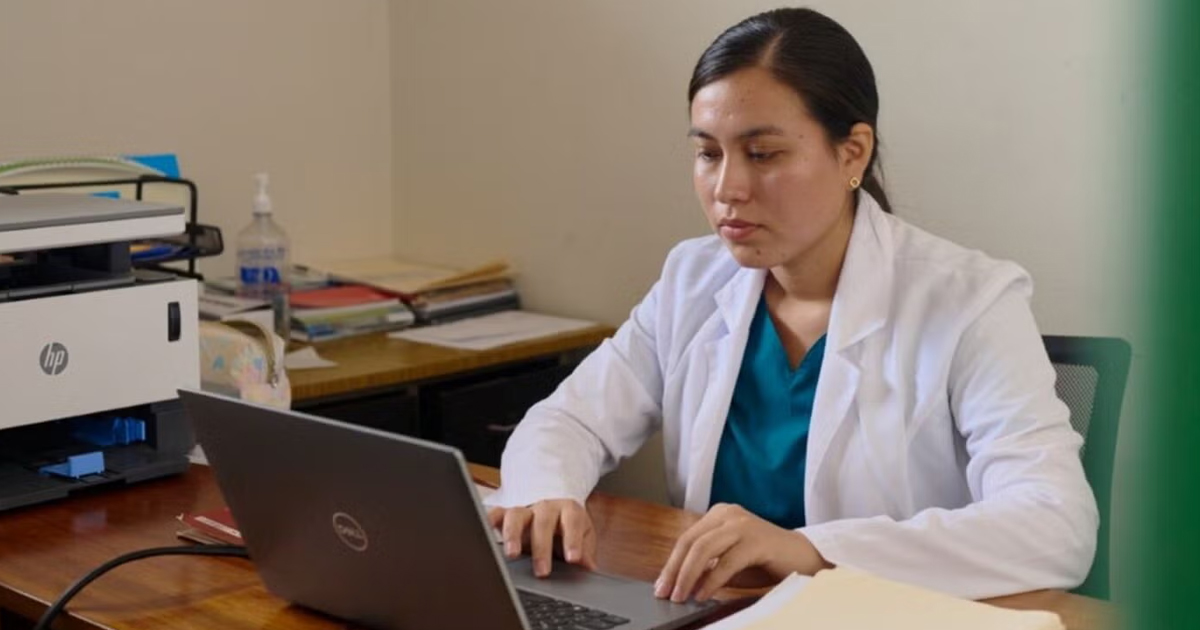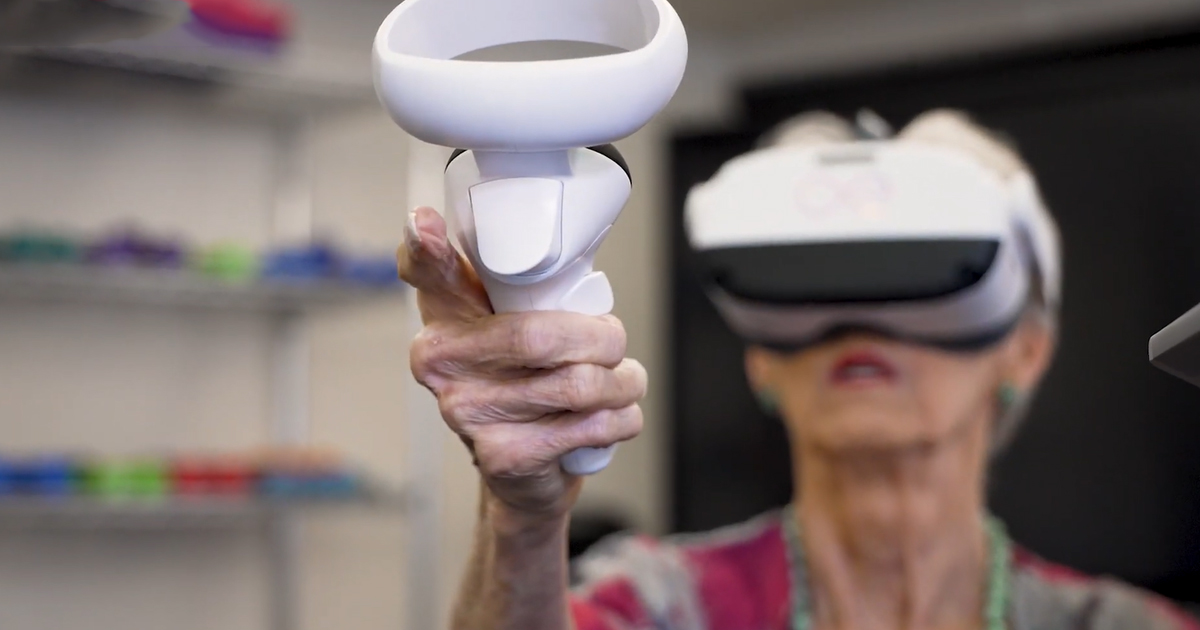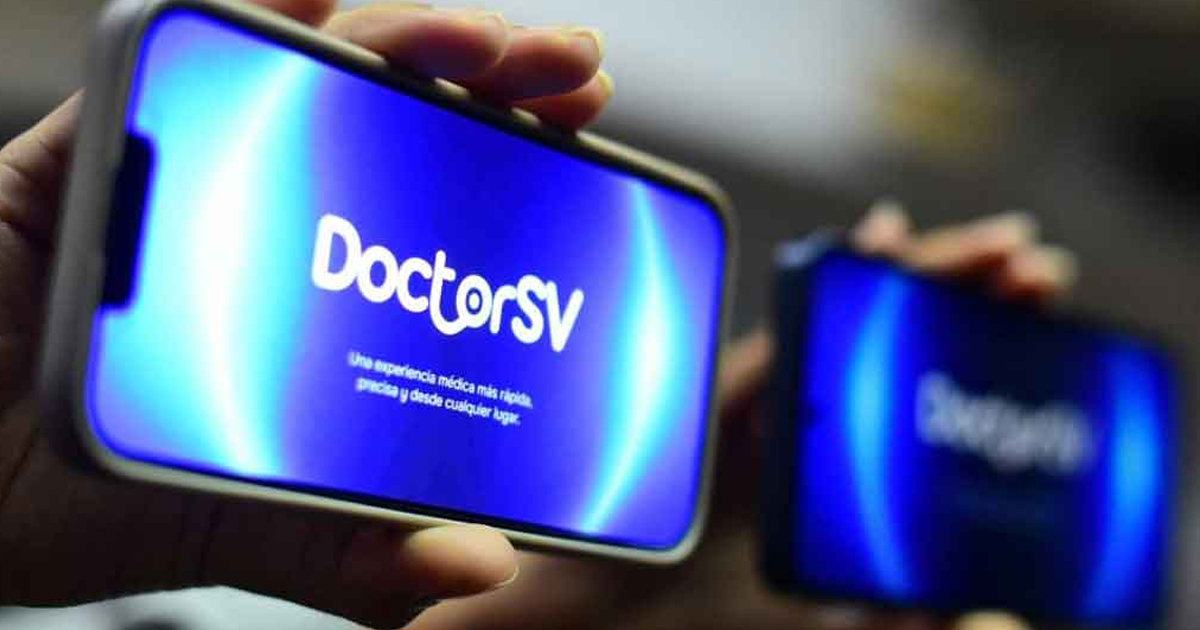Del 9 al 12 de agosto se realizó la Conferencia Global HIMSS21 y uno de los temas más importantes que abordaron los ponentes fue la democratización de las tecnologías de salud y el acceso equitativo a estas.
Las herramientas tecnológicas, especialmente en Digital Health, suelen buscar la resolución de problemas específicos, sin embargo, no siempre están centradas en las necesidades de las personas afectadas. Este fue uno de los temas recurrentes en el HIMSS21 uno de los eventos de innovación y Digital Health más importantes del mundo. Este año se realizó de forma hibrida desde Las Vegas, NV y conferencias digitales.
El Dr. Azizi Seixas, profesor asistente en New York University’s Langone Health, explicó durante una de las ponencias, que desarrollar las soluciones más innovadoras y basadas en Artificial Intelligence, puede llegar a ser innovación en vano si la gente no puede o no tiene las herramientas para utilizar ese software y sacarle provecho.

Reenita Das, vicepresidenta y especialista en salud de Frost & Sullivan, por su parte explicó que es necesario que los sistemas de atención medica continúen actualizándose y sigan abriendo espacios de representación a todas las personas. La especialista puso como ejemplo la importancia de que las mujeres sean estudiadas de manera proporcional en los ensayos clínicos, y además que haya representación de diferentes etnicidades.
En otra intervención Seixas, explicó que la creación de agendas en salud y herramientas de investigación deben contar con la participación de personas de la comunidad beneficiada. “Cuando co-creas una herramienta, la comunidad te dirá que el diseño debe ser de cierta manera, que el costo debe ser de cierta manera y la difusión y la implementación deben ser de cierta manera”, explicó.
También abordaron temas cómo los obstáculos que presentan las empresas jóvenes especializadas en Digital Health. Y, sobre todo, como explicó Das, la necesidad de construir sistemas de salud más allá de los hospitales, y llevarlo más allá para que todas las personas puedan recibir innovaciones médicas.







